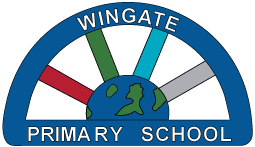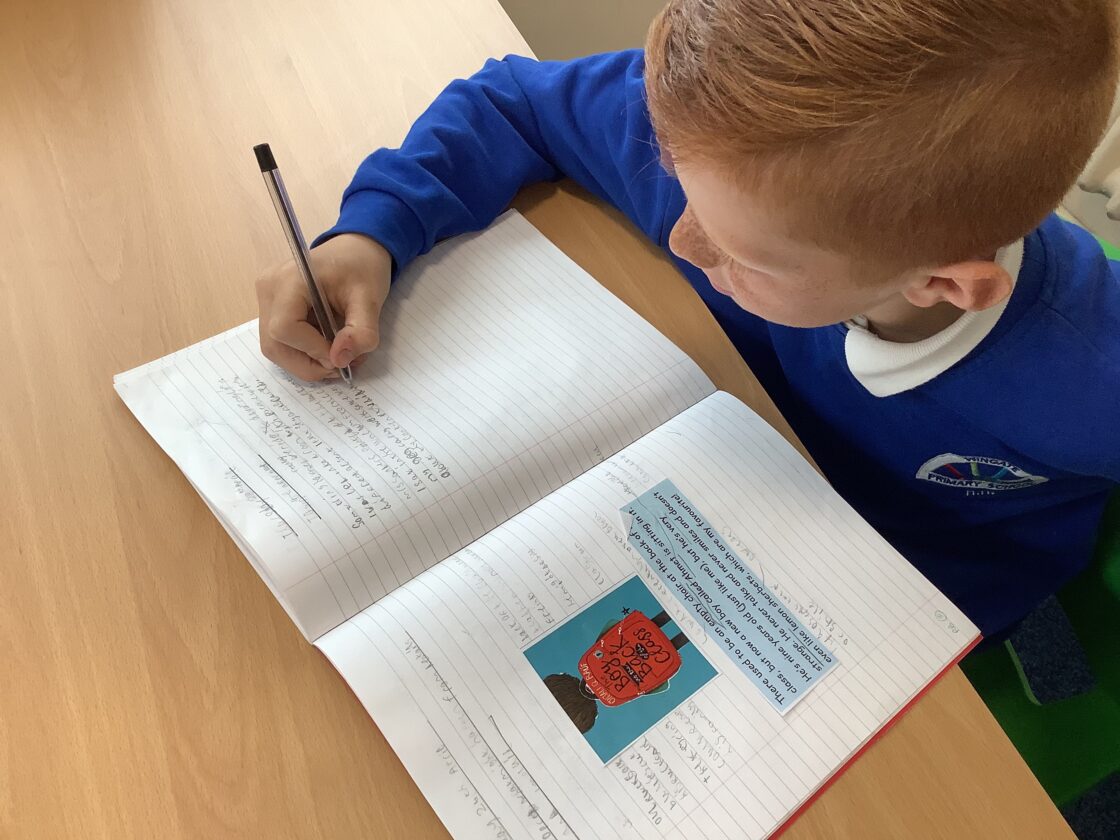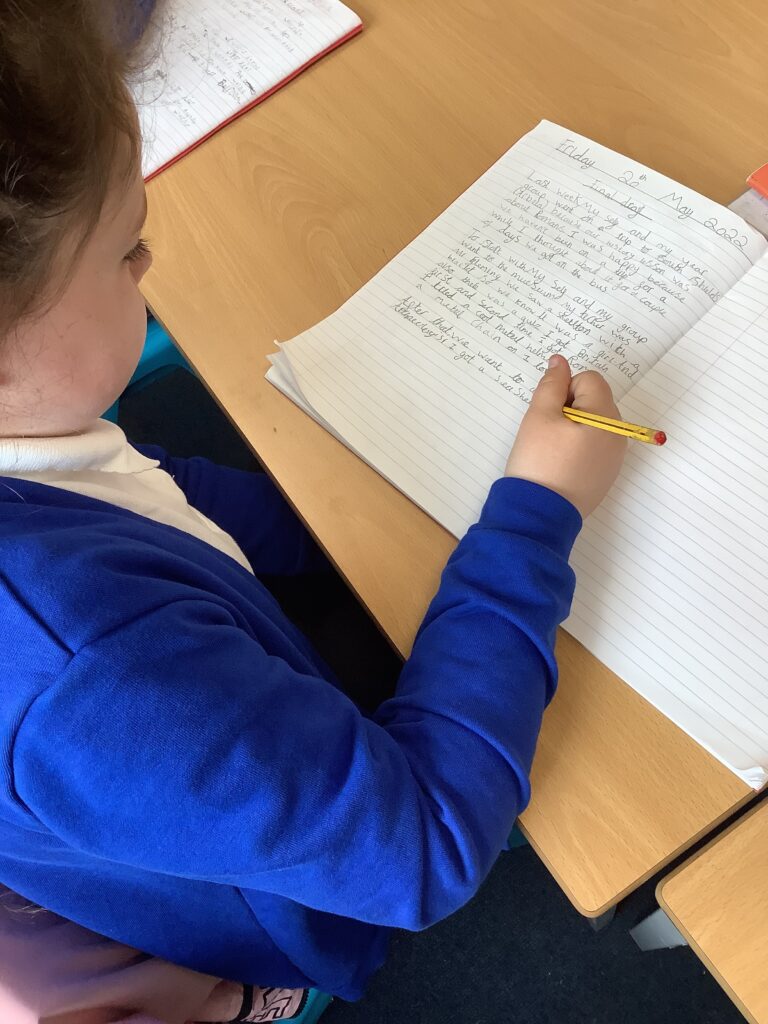Intent Statement
At Wingate Primary School, it is our intent to provide children with a high-quality education in English that will teach children to write fluently so that they can communicate their ideas and emotions to others effectively. Across school, we teach children to write clearly, accurately and coherently for different purposes and audiences. In order for children to be able to do this, we immerse them in a text rich environment providing models of different genres to ignite their imagination. We aim to encourage our children to become independent and creative writers who are motivated to write. We believe that all good writers refine and edit their writing over time, so we want children to develop independence in being able to identify their own areas for improvement in all pieces of writing, editing their work effectively during and after the writing process.
Implementation
The approach to writing at Wingate Primary School is taught through the build-up of skills and using shared writing to secure the basics of handwriting, phonics, spelling and grammar in relation to what children need to make progress in the text type being taught, leading up to a longer piece of writing.
At Wingate Primary School, we teach writing as whole class lessons, so that all children have access to the age-related skills and knowledge contained in the National Curriculum. Throughout their time at Wingate Primary School, children develop their skills by exploring a range of different genres, with a focus on exploring a range of models and using these to guide the drafting and editing process. This is completed within a daily lesson within most classes with a genre the focus of two to three weeks of study. The teaching of writing is carefully planned and structured. The starting point for most units will be the introduction to a genre of writing or model text in which pupils can identify the key structures and vocabulary that may be used within a particular piece. Key writing techniques are then explored to ensure children develop a strong understanding of these in isolation before creating an extended piece of writing that aims to include these. Exploration leads to modelling and planning, ensuring children get a firm grasp of the style and features before composing their own piece. Teachers explicitly model writing strategies and the use of phonics and spelling strategies in shared writing sessions.
Guided writing sessions target specific needs of both groups and individuals. Children are given frequent opportunities in school to write in different contexts, using quality texts as a model and for a variety of purposes and audiences. We recognise that children write best when it is meaningful to them. Therefore, they are given regular opportunities for talk for writing, to explore the writing task through drama and role-play and to write from experience. Opportunities for proof-reading and editing their work are encouraged from the youngest children and throughout school. Writing charters are created and displayed in each classroom which promote independent writers who are able to draft and edit their work to a high standard
Wherever possible, the key text focus links directly with the general topic or key reader of that term in order to provide context for writing and wider opportunities to write across the curriculum.
Grammar and punctuation knowledge and skills are taught through English lessons as much as possible. Teachers plan to teach the required skills through the genres of writing that they are teaching, linking it to the genre to make it more connected with the intended writing outcome. Teachers sometimes focus on particular grammar and punctuation skills as stand-alone lessons, if they feel that the class need additional lessons to embed and develop their understanding or to consolidate skills.
Vocabulary is a vital strand of reading, writing and understanding. We use a variety of approaches to help children develop their understanding of words and expand their vocabulary. This is not limited to English, but takes place across the curriculum and we aim to provide children with a language rich environment.
Impact
Through the explicit teaching of writing skills, both teachers and children assess their learning continuously throughout the sequence of learning. Through timely feedback, children are encouraged to edit and improve their writing to build upon and develop their progress as a writer. It is our aim that children will develop a wide vocabulary that they are able to use within their writing, that they enjoy writing across a range of genres, make links and apply their skills in cross-curricular topics.
Pupil Voice
“I like writing because I can inspire other people to write stories. I’d like to be an author and write stories when I’m older.” Amelia
“I enjoy writing because I can use my imagination to express myself. I enjoy writing fiction especially fantasy stories.” Evie
“Writing is one of my ways of expressing myself. I feel free when I write. I love writing fantasy stories and I also like factual writing.” Hazel


